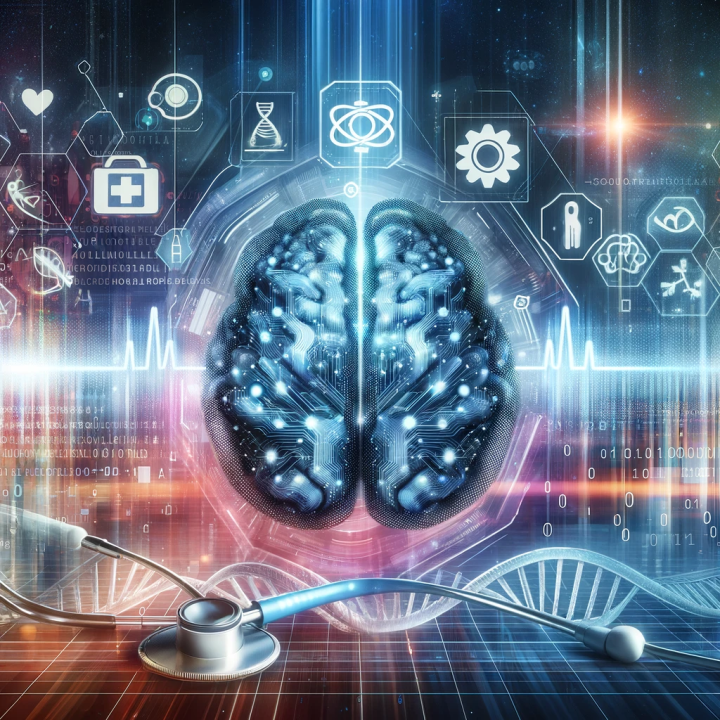Transforming Healthcare with Large Language Models (LLMs): Navigating the New Frontier with Optimism and the Right Level of Caution

I consider myself lucky to have been able to work in healthcare and life sciences over my career and now have the unique opportunity to observe the dawn of a new era, marked by the advent of Large Language Models (LLMs) like GPT-4. This transformative technology, while still in its early stages, is already reshaping the way we approach patient care, research, and medical administration.
The Rise of LLMs in Healthcare: The advent of LLMs marks a significant milestone in healthcare technology. Born from the latest AI advancements, these models have an unparalleled ability to process and “understand” human language. This capability is now being harnessed to interpret complex medical data, offering insights that were once beyond our reach. The transformation brought about by LLMs in healthcare is akin to a new era of medical enlightenment.
Data Analysis and Diagnostic Accuracy: One of the most significant impacts of LLMs in healthcare is their ability to enhance data analysis and improve diagnostic accuracy. With their deep learning capabilities, LLMs like GPT-4 sift through massive amounts of medical data, identifying patterns and correlations that might elude human analysis. A prime example of this is their effectiveness in medical evidence summarization and diagnosis, where they demonstrate an ability to comprehend and interpret complex medical information with remarkable accuracy.
Revolutionizing Drug Discovery: The journey of drug discovery and development, historically arduous and costly, is also being revolutionized by LLMs. These models can accelerate the discovery process, help reduce development costs, and pave the way for personalized medicine. A notable example is Microsoft’s PubMedBERT, which has significantly impacted biomedical pretraining, indicating the surge in LLM applications for drug discovery. This advancement heralds a new dawn in the development of drugs that are more effective and tailored to individual genetic profiles.
Personalized Medicine: A New Frontier: LLMs are also making strides in the realm of personalized medicine. By the potential to improve communication between healthcare providers and patients and aiding in the conversion of unstructured notes into structured formats, LLMs can help optimize patient care and the patient-caregiver relationship. This ability to streamline and personalize patient interaction is a key step towards more individualized and effective healthcare solutions.
Balancing the Pros and Cons: Despite the myriad benefits, LLMs in healthcare are not without their challenges. One of the main concerns is the inherent risk of perpetuating existing medical biases. Ensuring that these models are used responsibly and ethically is crucial to fully realize their potential in healthcare without exacerbating existing inequalities. Dependability and privacy also remain major concerns, as AI systems are susceptible to errors and data breaches. Additionally, the impersonal nature of AI interactions cannot fully replace the human touch, which is vital in patient care.
Looking to the Future with Optimism: Large Language Models are more than just a technological advancement; they represent a transformative force in the field of healthcare. The integration of Large Language Models (LLMs) in healthcare paints a future bright with possibilities and marked by continuous evolution. As these models evolve, they promise not only more innovative solutions and improved patient care but also significant advancements in personalized medicine. The rapid pace of AI development brings its challenges but also immense opportunities. With a cautious yet optimistic approach, and through responsible development and thoughtful regulation, AI is poised to not only complement but profoundly enhance healthcare quality. It’s a journey of cautious optimism, embracing the potential of AI to revolutionize healthcare, making it more efficient, accessible, and tailored to individual needs. As we continue to explore and develop these models, the possibilities for enhancing healthcare and improving patient outcomes are boundless.